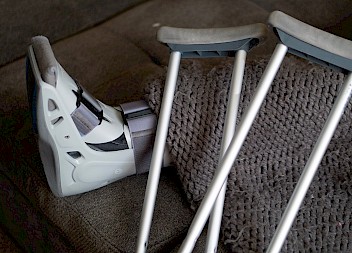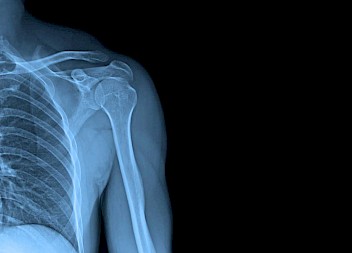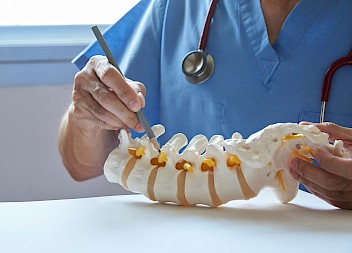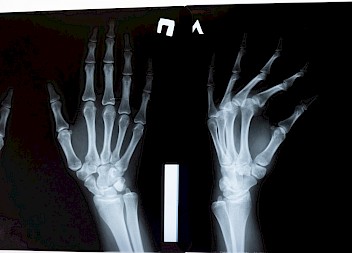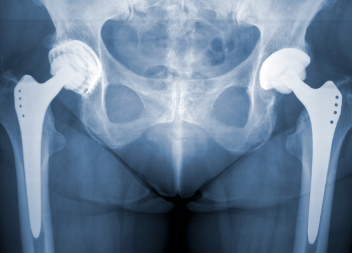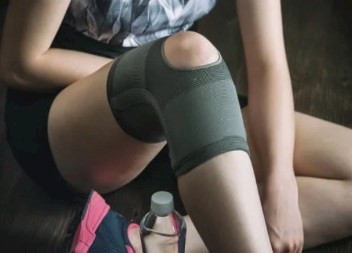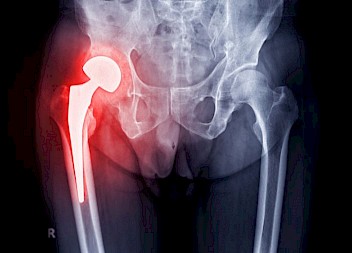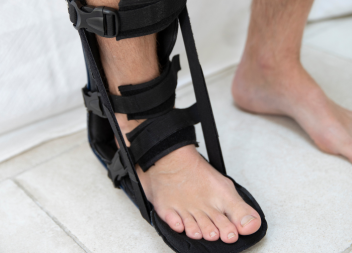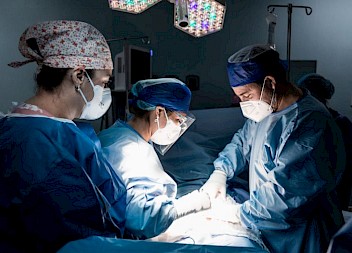A 67-year-old man received compensation of £392,146.28 due to an infection following left hip replacement surgery performed in October 2013. This was treated with two-stage hip revision surgery on two separate occasions due to failures in managing the infection. He was left with 1 inch shortening of his left leg, extensive scarring and permanent external hip rotation of 30°. He required walking aids and his daily living activities were greatly restricted.
The claimant was 61 years old when he underwent left hip replacement surgery in October 2013 at the defendant hospital. Shortly after he developed a post-operative infection of the hip. It was not until June 2014 that the hip prosthesis was removed and a washout procedure performed. He continued to suffer further leakage from the wound over the course of the next four months which eventually settled with antibiotics. During this period, he had no functioning left hip and required a wheelchair for any distance and two crutches for short distances.
The second stage of the hip revision took place in October 2014. The wound was cleaned out and a new hip replacement inserted. The wound continued to leak discharge. The claimant required a further operation to clean out the wound at the end of October 2014. He then required further treatment with antibiotics and a vac dressing applied for two months before the wound healed.
A further re-infection occurred three years later in the latter part of 2017. Tests including aspiration of the fluid, found that he had an Enterococcus infection which was linked to the infection that he had suffered in 2013. This was causing his prosthesis to loosen due to inflammation.
He had to undergo a further two-stage revision procedure to treat the reinfection. The first stage procedure took place in April 2018 followed by antibiotic treatment. During this period, he was effectively left with no functioning hip for seven months. This meant he was unable to negotiate stairs in his two- storey house and had to sleep downstairs. He was unable to weight bear on his left leg during this period.
Once it was thought that the infection had resolved, the second stage of the procedure was performed in November 2018.
Although initially he recovered well, at the end of the month he suddenly collapsed and was admitted to hospital as an emergency due to dislocation of the joint with displacement of the femoral stem and some fracturing of the bone of the upper femur. In early December 2018 he underwent further extensive surgery to remove all the previous hip replacement, including the ball-and-socket. A new socket was implanted and a new uncemented long stem implant replaced the previously cemented revision stem. The fixation required strengthening with 3 circumferential metal cables.
The claimant alleged negligence on the grounds that a multifunctional preparation room used by the operating theatres was inadequately sterilised. As there was a greater flow of personnel using the room, it increased the chances of the sterile packs stored there, becoming contaminated. Liability was admitted by the defendants.
He was left with significant mobility issues. When mobilising outside he would use two crutches, whilst inside he would use one crutch for support. He struggled to use the stairs and required support to do so. He was effectively confined to the downstairs of his two-storey house most the day. He required a lot of painkillers which caused him drowsiness. He suffered from sleep disturbance every night as he was unable to lie on his left side. He struggled to get in and out of the bath. He needed help with daily living activities such as household chores, DIY and gardening. He could not stand for any length of time nor walk very far. He found it difficult to crouch, bend or kneel. There was no prospect of his condition improving and he would remain in this state permanently.
A breakdown of his compensation award of £392,146.28 was as follows:
-
Pain, suffering and loss of amenity: £55,659.47
-
Past financial losses of £35,000
-
The balance being for future financial losses (including very large sums for care and accommodation costs)
Of note: Whilst the Defendant admitted breach of duty resulting in his hip infection, the extent of his mobility issues, extra care and accommodation needs were denied. The court proceedings were put on hold for a year due to his re-infection.


